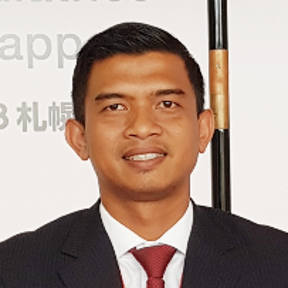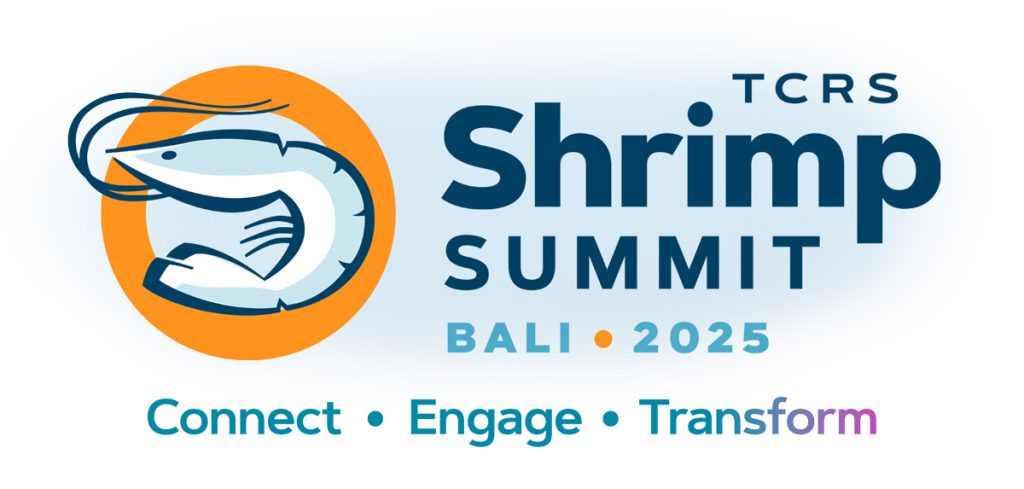
With several countries possibly facing import bans to the EU by September 2026, understanding government and industry roles was key to achieving antibiotic residue compliance. The underpinning issue was antimicrobial resistance – the worrisome trend that human pathogens are becoming more resistant to antibiotics, resulting in increasing global mortality from routine infections. This session reviewed progress in developing programs to more effectively manage the use of antibiotics in shrimp farming.
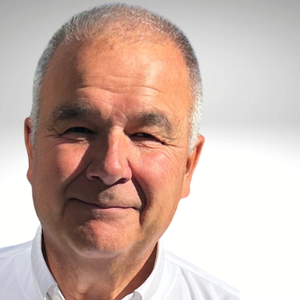
After a master's degree in international business, Olivier Hottlet worked briefly as a restaurant chef then as a trainee in a freight forwarding company, before joining in 1982 the family business, founded by his father Pierre in 1970, importing and distributing frozen seafood in Europe. He took this company over with his brother Benoit in 1991 and has been co-CEO and co-owner of it until January 2024, when he stepped down from the daily management to remain Chairman of its board of directors.
Olivier continues to serve as board member of the International Association of Fish Inspectors (IAFI) and of the Seafood Importers’ and Processors’ Alliance (SIPA) and as President of Belgafood and of Frucom.
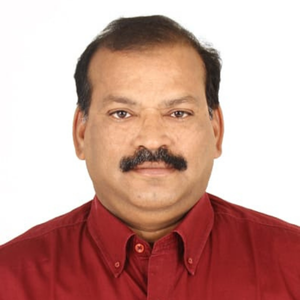
Dr. Shanmuganathan Kandan joined the Marine Products Export Development Authority (MPEDA) in 1995 and has served in various capacities across different states, focusing on the promotion of export-oriented aquaculture species. He currently holds the position of Joint Director (Training) at MPEDA and also serves as the Director of the Rajiv Gandhi Centre for Aquaculture (RGCA), the R&D arm of MPEDA.
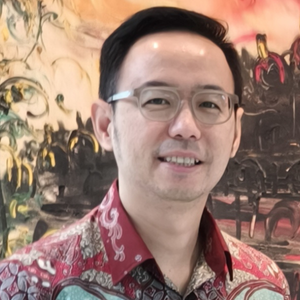
Aris serves as Head of Sales and Marketing at Bumi Menara Internusa.
He began his career in the seafood processing industry in 2004. Throughout his 21-year career at Bumi Menara Internusa, he has taken roles in sales and marketing, project management, processing, and general management.
Aris holds a Bachelor of Applied Science from University of Toronto and a Master of Science from Columbia University.
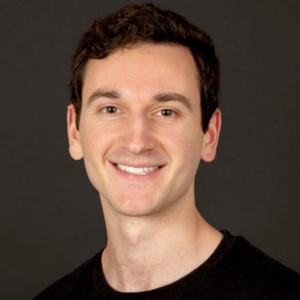
Mathew Mitchell is an MD candidate, Fulbright Scholar, and Co‑Founder/CTO of Organicin Scientific, a biopharma startup replacing broad‑spectrum antibiotics with precision antimicrobial proteins called bacteriocins. Equipped with a B.S. in Biochemistry & Molecular Biology from UMass Amherst and an M.S. in Physiology & Biophysics from Georgetown, he leverages computational advancements to precipitate molecular insights for translational innovation.
Mathew steered Organicin to the UN FAO World Food Forum where it received the “Better Environment” award for their bacteriocin‑driven approach to sustainable agriculture. Under his technical leadership, Organicin developed a bacteriocin‑infused shrimp‑feed additive which lifted survival in AHPND‑challenged shrimp populations by up to 165 % – without bioaccumulation of undesirable residues or antibiotic resistance.
He also architected BacPred, an orthogonal eight‑axis machine‑learning pipeline that predicts peptide characteristics and spectrum of activity—compressing antimicrobial discovery cycles from years to weeks and facilitating Organicin’s expanding therapeutics pipeline.
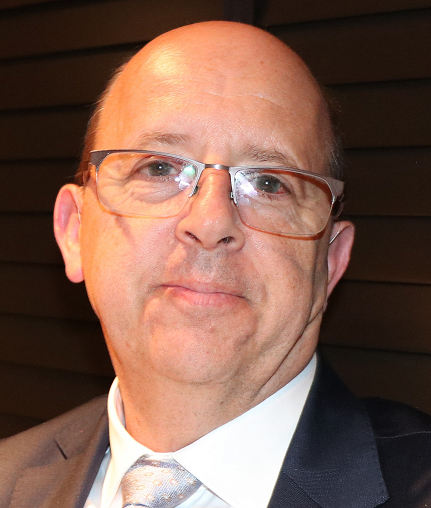
Hans Joostens began his tenure as Minister-Counsellor in the Trade and Economic section of the EU Delegation to Indonesia and Brunei Darussalam on 1 September 2024. Prior to this role, he worked with the Directorate-General for Trade at the European Commission from 2007, focusing on agriculture and SPS (sanitary and phytosanitary) issues related to EU market access. His responsibilities spanned a diverse range of regions, including Asia, Central Europe, the Gulf countries, and North America.
Throughout his career, Hans has been actively involved in negotiating and implementing numerous EU free trade agreements. Hans has been serving as an EU official since 2002 and is now a senior trade expert.
